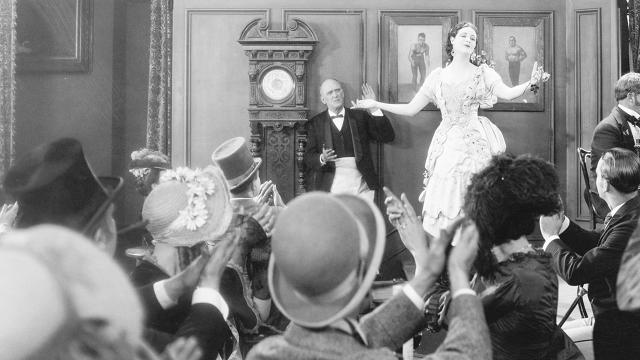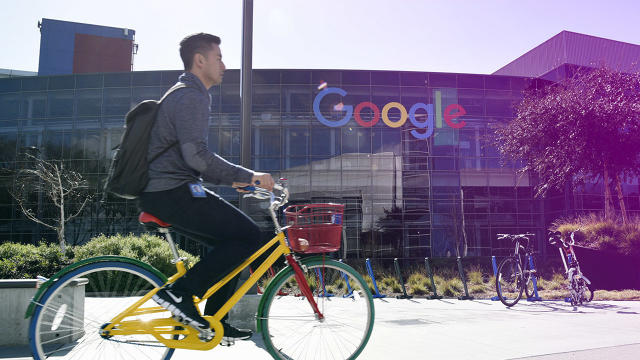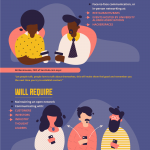From Work Friendships To Popular Bosses: This Week’s Top Leadership Stories
This week, we learned which traits the most popular bosses share, where women who have taken a career break can now go to find new work, and how men’s changing friendships might impact the workplace of the future.
These are the stories you loved in Leadership for the week of May 2.

1. The LinkedIn For Women Who Have Taken A Career Break
The workplace is often unfair to professional women who’ve left the job market, whether for parenthood or any other reason, and later return to their careers. It’s that bias that a new marketplace called Après, which launches this week, is designed to combat. Fast Company sat down with its cofounders to learn more.

2. 10 Habits Of Well-Liked Bosses
The phrase “good boss” can mean vastly different things to different people, which can be a real problem, considering that up to 70% of the employee-engagement puzzle has been found to come down to bosses. This week we learned the 10 habits that define the most well-liked supervisors out there.

3. How To Know Which Skills To Develop At Each Stage Of Your Career
According to one Silicon Valley veteran, the skills that get you hired aren’t the same ones that get you promoted. Ximena Vengoechea, who’s worked at Twitter and Pinterest, explains why your people skills come to matter more than what you know the higher you climb—and offers up some illustrations to bring that idea home.

4. Why Innovative Companies Like Google Are Letting Employees Craft Their Own Jobs
Over the past 15 or so years, “job crafting” has been getting much more attention, and now leading tech companies are beginning to embrace it. Here’s what happened when a lucky team of Googlers were allowed to redesign their current jobs as they saw fit.

5. How Men’s Changing Friendships Might Reshape The Workplace
A new study finds a large majority of American men have formed deeper friendships than what’s usually reflected in popular media. This week leading gender and sexuality researcher Michael Kimmel explains how those bonds can “impact team performance” and change the “ways we rely on each other and collaborate” at work.

Fast Company , Read Full Story
(18)













